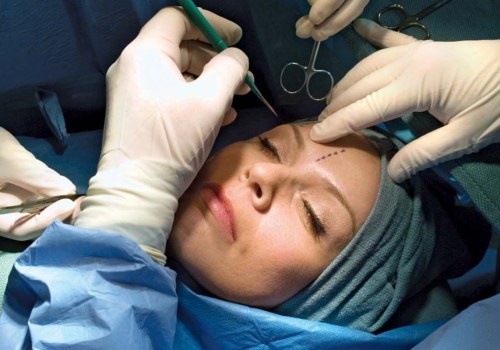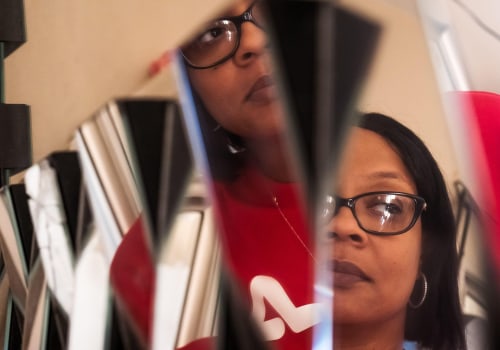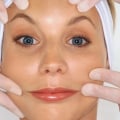Sometimes, cosmetic surgery requires the removal of a large amount of skin and tissue. This can lead to problems with wound healing or even tissue death. Plastic surgery won't change your relationships or save your marriage. You should have cosmetic surgery to make you feel better about yourself or to change something you don't like with your appearance.
However, cosmetic surgery has risks and limitations. If you're thinking about having cosmetic surgery, here's what you need to know. Be wary of plastic surgery offers that are too good to be true. Some people travel outside the country to have plastic surgery at cheaper prices.
However, this may increase some of the risk. Taking a long flight soon after surgery may increase the risk of blood clots forming. Although many patients have good reasons for undergoing cosmetic surgery, let's take a look at some of the solid reasons for not having plastic surgery. You only have one body, and once you change it through cosmetic surgery, things will never be the same again.
Cosmetic surgery changes your appearance by altering or reshaping parts of your body that work normally but don't look the way you want. There is nothing wrong with going to a cosmetic surgery practice with photos of a celebrity, influencer or even a friend, as long as you are prepared to learn why the exact look you want may not be possible for you. NSW Medical Council guidelines require that minors considering cosmetic surgery have a 3-month cooling-off period, followed by another consultation. Patients may never be fully prepared for the mental and emotional costs of cosmetic surgery, says Joseph Hullett, psychiatrist and senior medical director of OptumHealth.
Cosmetic surgery, a branch of plastic surgery that includes both surgical and non-surgical procedures, may seem like an easy way to take away years from your appearance or improve your physique. Many people mistakenly assume that elective (optional) procedures, such as cosmetic surgery, are not as serious as other types of surgery. However, remember that even if you have done your homework and found a surgeon you like at a price that you can afford, the decision to have cosmetic surgery is yours and only yours. During the consultation process for cosmetic surgery, the surgeon will ask you about your medical history.
The American Society of Plastic Surgeons released data showing that the number of cosmetic surgeries performed for adolescents has progressively declined over the years, in contrast to media reports suggesting otherwise. Cosmetic surgery, once exclusive to older women, is a newer fashion option for teenage girls with adolescent problems. Just as you diligently read warning labels on medicines and beauty products (we hope), you should be aware of the risks associated with cosmetic procedures. Cosmetic procedures increased 4% for women in their 30s, and 30% of all liposuction recipients are between the ages of 19 and 34, reports the American Society for Aesthetic Plastic Surgery.
National mortality rates after ambulatory cosmetic surgery and low rates of detection and prophylaxis of perioperative deep vein thrombosis.







